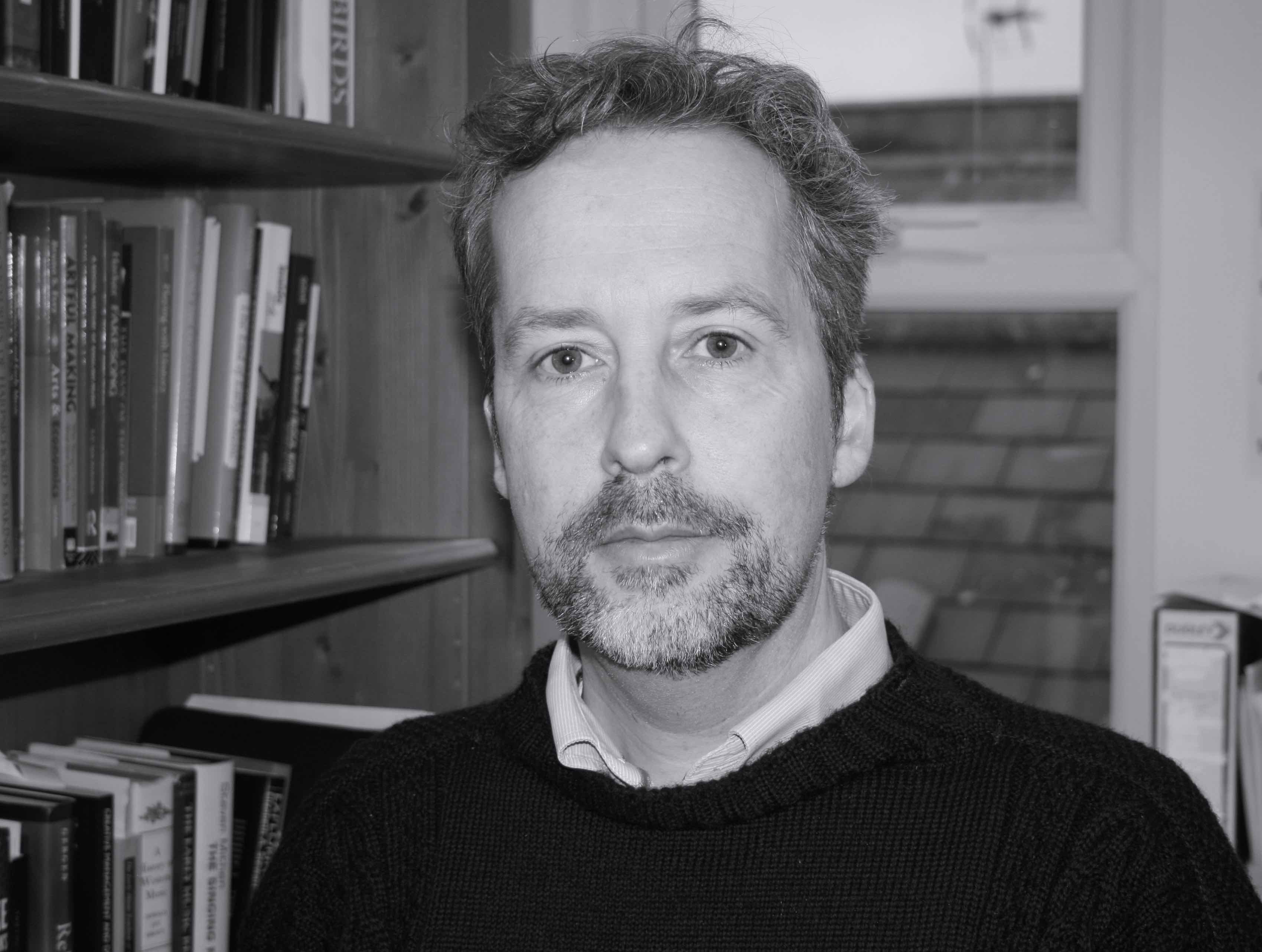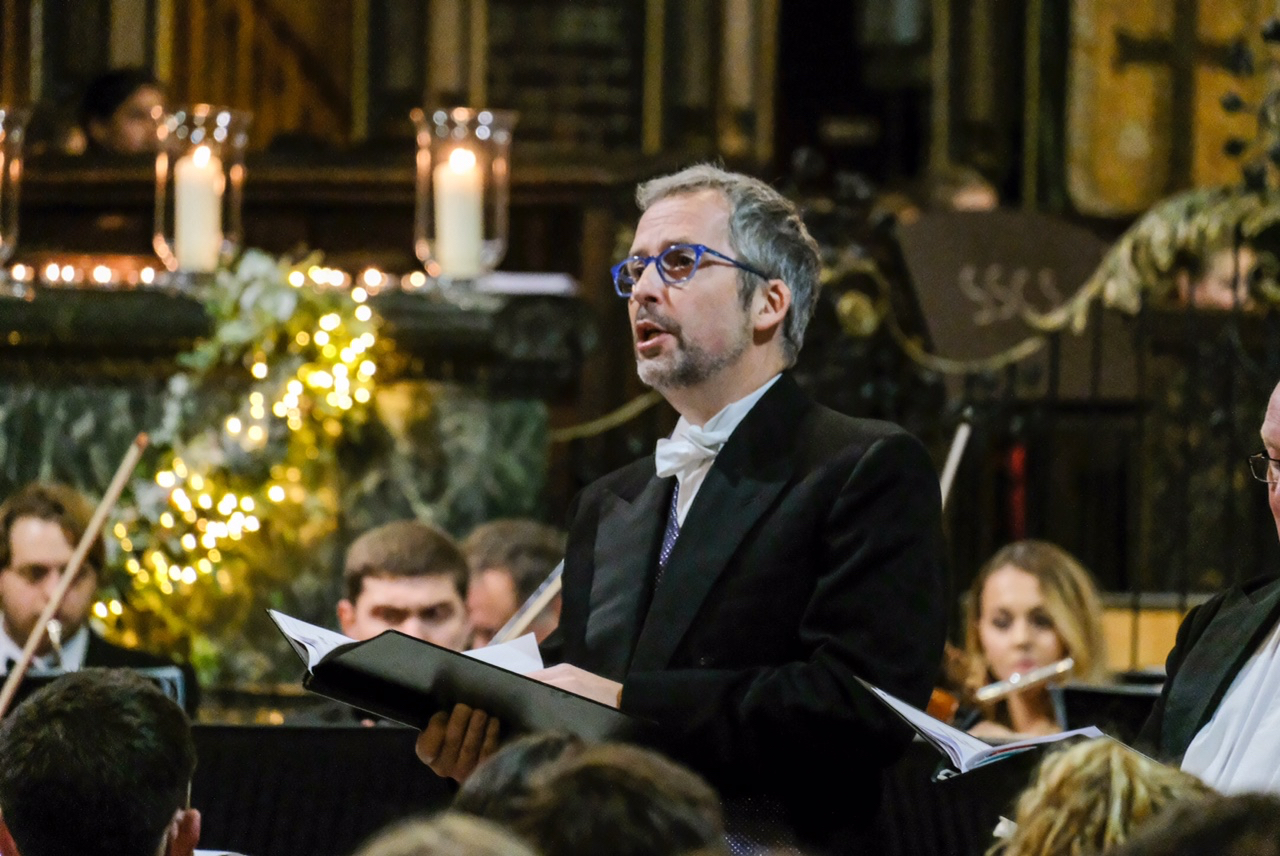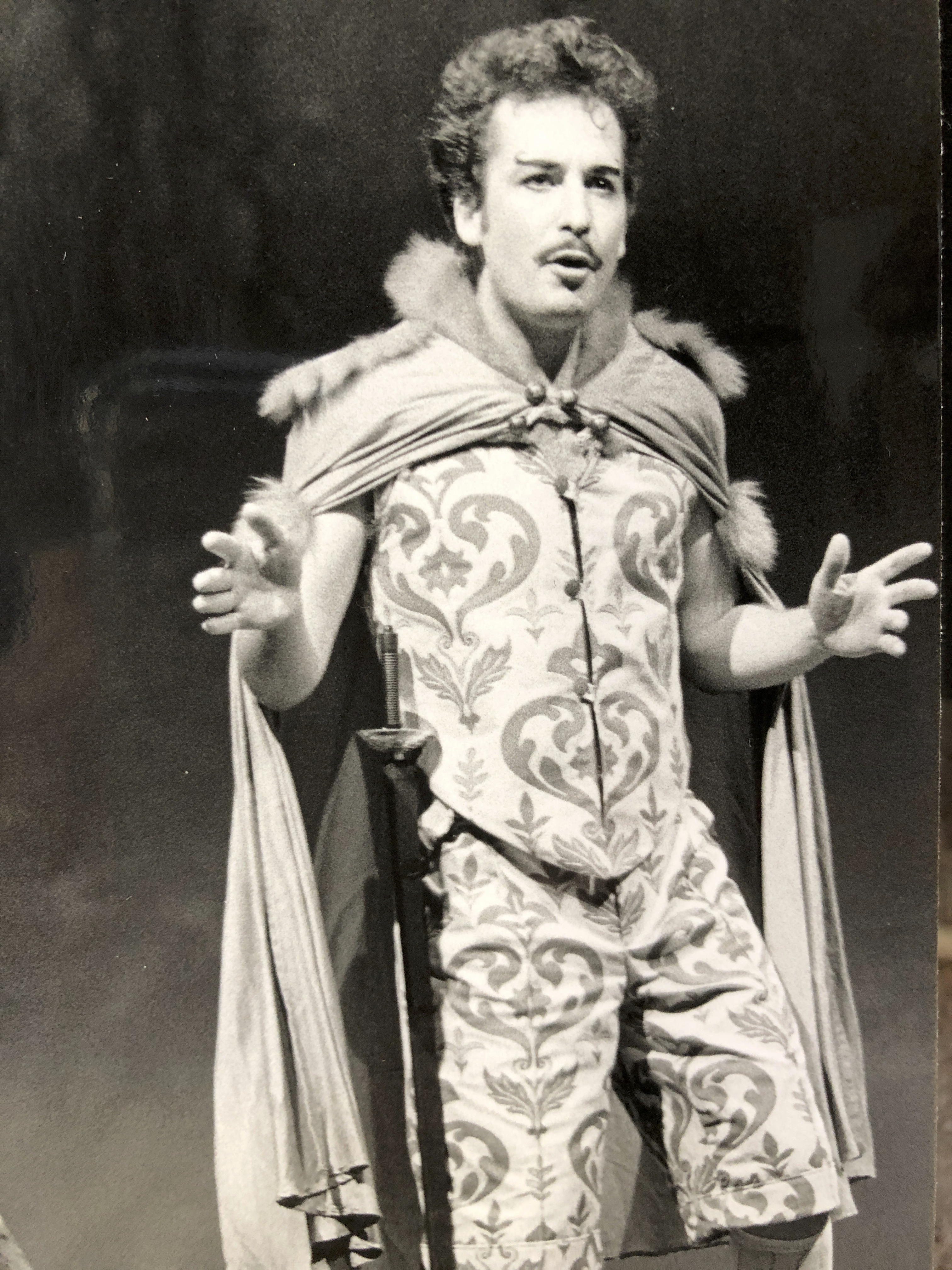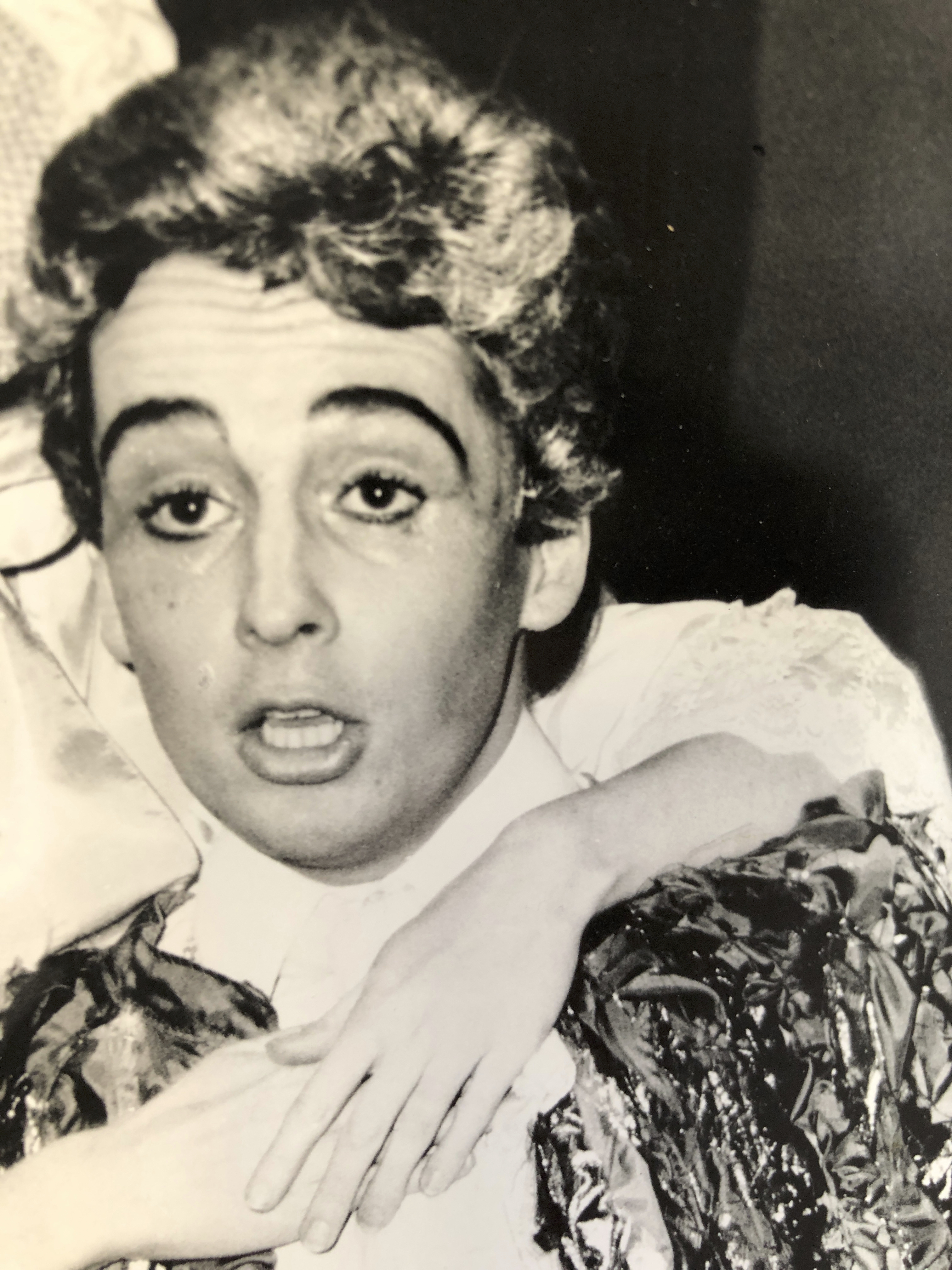------------------------
Nick
Wilson joined Culture, Media and Creative
Industries (CMCI) in September 2009. He was promoted to Professor
of Culture & Creativity in 2018, and was Head of
Department between June 2020 and June 2023. Nick was previously
Principal Lecturer in Small Business Management and
Entrepreneurship at Kingston University, and founding Director of
the Programme of Master's courses in the Creative Industries &
the Creative Economy. Nick studied music at Clare College,
Cambridge and singing at the Royal College of Music, London and the
Hochschule der Künste, Berlin (with Ingrid Figur and Dietrich
Fischer-Dieskau), performing professionally across Europe and the
USA, before moving into music management, working for a leading
artist management and concert promotions company. After completing
his MBA, he joined the Small Business Research Centre, Kingston
University as a researcher and lecturer, subsequently completing
his doctoral thesis on the emergence of the early music performance
labour market in the UK.
Nick founded
the MA Arts & Cultural Management in 2014 at King's. Having
taught across many modules in a business school context - notably
small business management and entrepreneurship, he now teaches
modules relating to creativity, care, art(s) and management. Nick's
research is interdisciplinary, creative and artful. From February
2015 Nick was Principal Investigator of the
integrated Get Creative research
project, commissioned by the BBC, What Next? and the Cultural
Institute. Alongside this he also led the research
on 33 Thousand Everyday Artists (a 64
Million Artists project in partnership with the Cultural
Institute). Between January and October 2017 he led research
on the Cultural Learning Ecology in Harrow, commissioned by A New
Direction (AND). In collaboration with AND and together with
colleague Jonathan Gross, Nick then undertook the Creative People
and Places action research programme (funded by Arts Council
England) in a project titled: "Creating the environment: What are
Creative People and Places projects finding is needed in order to
create a thriving cultural ecology in areas of low engagement /
access / infrastructure?" Between 2019-2022 Nick worked on the
EU-funded Developing Inclusive & Sustainable Creative
Economies (DISCE) project, where he led
the work package on 'rethinking inclusive and sustainable growth'.
During the COVID-19 pandemic Nick launched 'cultures of care', a
research project seeking to bring culture and care together (see
www.culturesofcare.com). So far, this has focused on cultures of
care in Higher Education, and differing perspectives towards
'tolerating uncertainty'. Nick's current research is
developing a realist philosophy of truth premised on
the central supposition that we don't know. This is part
of an ambitious art based research project that will comprise a
trilogy of books (a novel, an academic monograph, and a text on
doing art based
research).
Nick
has given many keynote and invited talks throughout the world. In
July 2019 his keynote at the International Association for Critical
Realism (IACR) conference in Southampton was titled 'Aesthetics in
a Persecutory Time'. In October 2018 he gave the opening keynote
talk at the European conference on arts and heritage education and
participation "Sharing Arts &
Heritage" in Leeuwarden, European City of Culture 2018. He has
spoken on entrepreneurship in music at the Norwegian Academy of
Music, Oslo, Norway; Historical Performance and Interdisciplinarity
at the Jacobs School of Music, Bloomington, Indiana University - in
2017 and again in 2018; Creativity at the first Creativity
Challenge in Wellington, New Zealand; and presented papers making
the case for cultural and creative capabilities at the Human
Development and Capabilties Association conference in Cape Town,
South Africa, in September, 2017, and London,
2019.
Nick's first monograph The Art of Re-enchantment: Making Early Music in the Modern Age was published by OUP in 2014. His most recent book The Space that Separates: A Realist Theory of Art, which is an argument for art and for Aesthetic Critical Realism (ACR), was published in 2019 (with a paperback published in 2021). Nick is an editorial board member of the Journal of Critical Realism, and a member of the Centre for Critical Realism (between 2013-2020 he was the board's managing editor for the Routledge Series Studies in Critical Realism).




"I
consider him to be music’s equivalent of the US TV provocateur, the
Brit John Oliver, and indeed they share a similar sense of humor
... Trained as a singer specializing in Historically Informed
Practice, Nick describes himself as a failed performer. To my mind,
that self-deprecation is really unfair since Nick’s intellectual
contributions to the field are really outstanding."
Tony
Woodcock
“...it
is necessary to signal the professional operatic debut of Nicholas
Hadleigh-Wilson who was absolutely excellent in the title role: he
has a wonderful stage presence, a resourceful voice, and a complete
mastery of the Monteverdian vocal style. He will be a great
asset in the years to come.”
David
Fallows